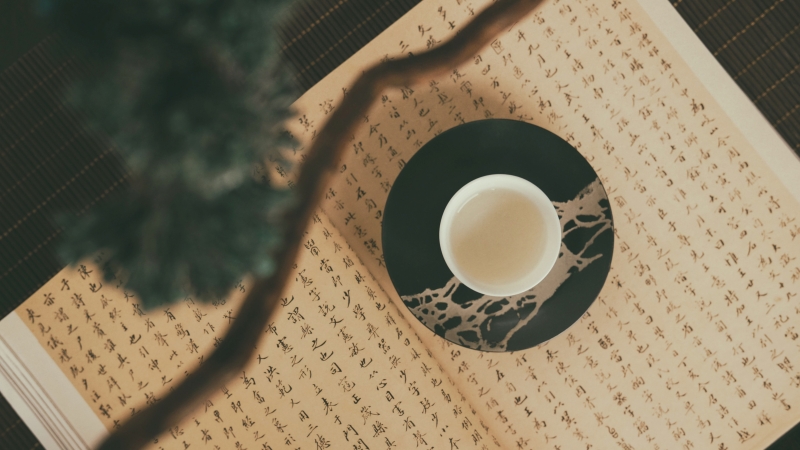8 Popular Chinese Idioms And Their Meanings

For the Chinese, the ability to use Chinese idioms (成语 Chéngyǔ) in conversations is not only to show off language abilities, but also intellect. Curious as to why that is the case? For starters, Chengyu is a type of traditional Chinese idiom typically made up of four characters with over 5000 of them in the Chinese language and plays an important role in their culture. They are considered as the collected wisdom from ancient Chinese people; and each idiom contains deep insights into our lives. Behind every four-character Chengyu, there are always definitions, stories, and philosophical concepts that can somehow be also applied to our everyday lives and situations. Convinced to start learning Chengyu? Here are 8 Popular Chinese Idioms to use in conversations to impress your Chinese friends and families!
1) 马马虎虎 (mǎ mǎ hū hū)

马马虎虎 means so-so, fair, just passable. However, in some countries like Singapore or Malaysia, they use 马马虎虎 to describe a person who is careless and does not take things seriously. It’s a really common chengyu that can be used in basic conversations. The first two characters mean “horse” and the second two characters mean “tiger.” This makes the phrase very easy to remember and the reason why “horse horse tiger tiger” means “so-so” is because it’s neither one nor the other extreme end.
Example:
Q: 你的中文怎么样?(How is your Chinese?)
A: 马马虎虎 !(So-so!)
2) 大惊小怪 (dà jīng xiǎo guài)

大惊小怪 means to create a great fuss over something ordinary or to complain unjustifiably.
Example:
这有什么好大惊小怪的? (What’s the big fuss?)
3) 乱七八糟 (luàn qī bā zāo)

乱七八糟 means that something is a total mess. People usually use it to describe messy tangible things such as rooms and intangible things such as thoughts.
Example:
是谁弄得乱七八糟的?(Who made this mess?)
4) 火上加油 (huǒ shàng jiā yóu)

火上加油 literally means to add fuel to flames. This is also used to describe something or someone that aggravates the situation or make matters worse.
Example:
她听了这些话,像是火上加油。(These words only added fuel to the flames of her anger.)
5) 爱不释手 (ài bù shì shǒu)

爱不释手 literally translates to “to love and not let go of”. This can be used in a sentence by saying that you love something too much and can’t bear to part with it.
Example:
我对我的新玩具爱不释手! (I can’t bear to be apart from my new toy!)
6) 跋山涉水 (bá shān shè shuǐ)

跋山涉水 literally translates to “to climb mountains and cross rivers”. It can be used to say that someone has been through a lot in order to get to where one is now.
Example:
我们跋山涉水来到这里。 (We have been through a lot to get here.)
7) 白手起家 (bái shǒu qǐ jiā)

白手起家 means to start a fortune or business from scratch. The first two characters mean empty-handed or with bare hands and the last two characters mean to create a family business or to make one’s fortune.
Example:
他白手起家开了这家饭店。 (He built his restaurant from scratch.)
8) 九牛一毛 (jiǔ niú yī máo)

九牛一毛 literally translates to “9 cows, 1 strand of hair”. It can be used to say that something is just a small or insignificant thing amongst a huge quantity that wouldn’t make much of a difference. The english counterpart of this idiom would be “a drop in the ocean”.
Example:
我今天做了很多事情,但是我有太多事情要做了,这些只是九牛一毛而已。(I did a lot of work today, but since I have so much work to do, it was all just a drop in the ocean.)

